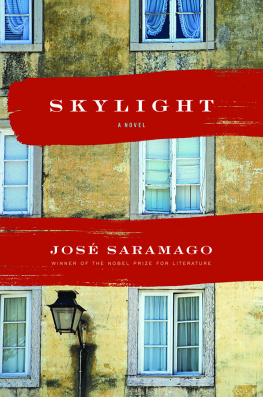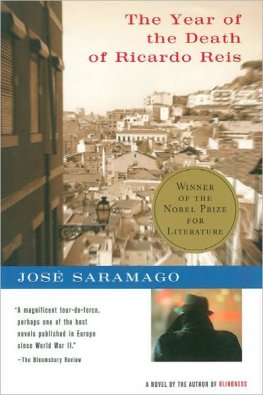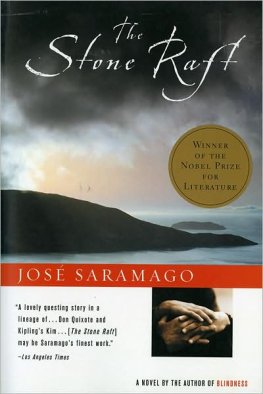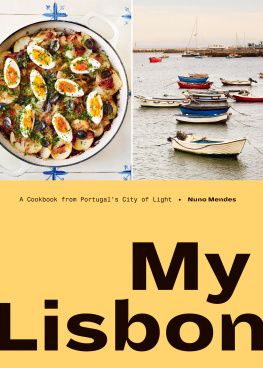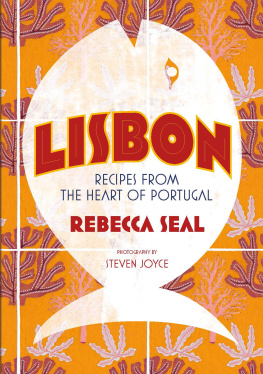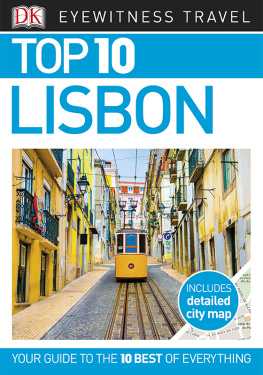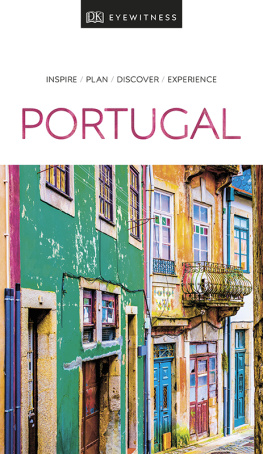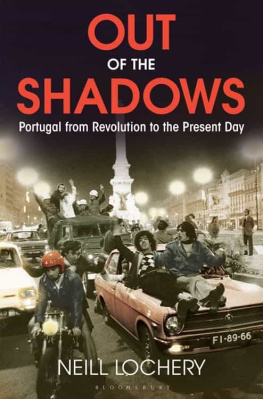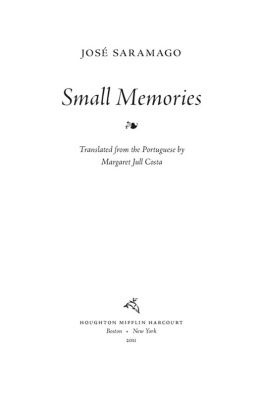First Mariner Books edition 2013
Copyright 1980 by Jos Saramago & Editorial Caminho, SA, Lisbon, by arrangement with Literarische Agentur Mertin, Inh. Nicole Witt e.K., Frankfurt am Main, Germany
English translation copyright 2012 by Margaret Jull Costa
All rights reserved
For information about permission to reproduce selections from this book, write to Permissions, Houghton Mifflin Harcourt Publishing Company, 215 Park Avenue South, New York, New York 10003.
www.hmhco.com
First published with the title Levantado do Cho in 1980 by Editorial Caminho, SA, Lisbon
The Library of Congress has cataloged the print edition as follows:
Saramago, Jos. [Levantado do cho. English] Raised from the ground / Jos Saramago ; translated from the Portuguese by Margaret Jull Costa.1st U.S. ed.
p. cm.
First published with the title Levantado do cho in 1980 by Editorial Caminho, SA, LisbonT.p. verso.
ISBN 978-0-15-101325-8 (hardback)
ISBN 978-0-544-10273-6 (pbk.)
I. Title. PQ 9281. A 66 L 4813 2012
869.3'42dc23 2012017326
e ISBN 978-0-547-84044-4
v3.1014
This publication was assisted by a grant from the Direco-Geral do Livro e das Bibliotecas / Portugal
To the memory of Germano Vidigal and Jos Adelino dos Santos, both of whom were murdered
I ask the political economists and the moralists if they have ever calculated the number of individuals who must be condemned to misery, overwork, demoralization, degradation, rank ignorance, overwhelming misfortune and utter penury in order to produce one rich man.
ALMEIDA GARRETT
H ERE, ITS MOSTLY countryside, land. Whatever else may be lacking, land has never been in short supply, indeed its sheer abundance can only be explained by some tireless miracle, because the land clearly predates man, and despite its long, long existence, it has still not expired. Thats probably because its constantly changing: at certain times of the year, the land is green, at others, yellow or brown or black. And in certain places it is red, the color of clay or spilled blood. This, however, depends on what has been planted or what has not yet been planted, or what has sprung up unaided and died simply because it reached its natural end. This is not the case with wheat, which still has some life left in it when it is cut. Nor with the cork oak, which, despite its solemn air, is full of life and cries out when its skin is ripped from it.
There is no shortage of color in this landscape, but it isnt simply a matter of color. There are days as harsh as they are cold, and others when you can scarcely breathe for the heat: the world is never content, the day it is will be the day it dies. The world does not lack for smells either, not even here, which is, of course, part of the world and well provided with land. Were some insignificant creature to die in the undergrowth, it would smell of death and putrefaction. Not that anyone would notice if there were no wind, even if they were to pass close by. The bones would be either washed clean by the rain or baked dry by the sun, or not even that if the creature were very small, because the worms and the gravedigger beetles would have come and buried it.
This, relatively speaking, is a fair-sized piece of land, and while it begins as undulating hills and a little stream-water, because the water that falls from the skies is just as likely to be feast as famine, farther on it flattens out as smooth as the palm of your hand, although many a hand, by lifes decree, tends, with time, to close around the handle of a hoe, sickle or scythe. The land. And like the palm of a hand, it is crisscrossed by lines and paths, its royal or, later, national roads, or those owned by the gentlemen at the town hall, three such roads lie before us now, because three is a poetical, magical, spiritual number, but all the other paths arise from repeated comings and goings, from trails formed by bare or ill-shod feet walking over clods of earth or through undergrowth, stubble or wild flowers, between wall and wasteland. So much land. A man could spend his whole life wandering about here and never find himself, especially if he was born lost. And he wont mind dying when his time comes. He is no rabbit or genet to lie and rot in the sun, but if hunger, cold or heat were to lay him low in some secluded spot, or one of those illnesses that dont even give you time to think, still less cry out for help, sooner or later he would be found.
Many have died of war and other plagues, both here and in other parts, and yet the people we see are still alive: some perceive this as an unfathomable mystery, but the real reasons lie in the land, in this vast estate, this latifundio, that rolls from high hills down to the plain below, as far as the eye can see. And if not this land, then some other piece of land, it really doesnt matter as long as weve sorted out whats mine and thine: everything was recorded in the census at the proper time, with boundaries to the north and south and to the east and west, as if this were how it had been ordained since the world began, when everything was simply land, with only a few large beasts and the occasional human being, all of them frightened. It was around that time, and later too, that the future shape of this present land was decided, and by very crooked means indeed, a shape carved out by those who owned the largest and sharpest knives and according to size of knife and quality of blade. For example, those of a king or a duke, or of a duke who then became his royal highness, a bishop or the master of an order, a legitimate son or the delicious fruit of bastardy or concubinage, a stain washed clean and made honorable, or the godfather of a mistresss daughter, and then theres that other high officer of the court with half a kingdom in his grasp, and sometimes it was more a case of, this, dear friends, is my land, take it and populate it to serve me and your offspring, and keep it safe from infidels and other such embarrassments. A magnificent book-of-hours-cum-sacred-accounts-ledger presented at both palace and monastery, prayed to in earthly mansions or in watchtowers, each coin an Our Father, ten coins a Hail Mary, one hundred a Hail Holy Queen, Mary is King. Deep coffers, bottomless silos, granaries the size of ships, vats and casks, coffers, my lady, and all measured in cubits, rods and bushels, in quarts, pottles and tuns, each piece of land according to its use.
Thus flowed the rivers and the four seasons of the year, on those one can rely, even when they vary. The vast patience of time and the equally vast patience of money, which, with the exception of man, is the most constant of all measurements, although, like the seasons, it varies. We know, however, that men were bought and sold. Each century had its money, each kingdom its man to buy and sell for maravedis, or for gold and silver marks, reals, doubloons, cruzados, sovereigns or florins from abroad. Fickle, various metal, as airy as the bouquet of a flower or of wine: money rises, thats why it has wings, not in order to fall. Moneys rightful place is in a kind of heaven, a lofty place where the saints change their names when they have to, but not the latifundio.
A mother with full breasts, fit for large, greedy mouths, a womb, the land shared out between the largest and the large, or, more likely, joining large with larger, through purchase or perhaps through some alliance, or through sly theft, pure crime, the legacy of my grandparents and my good father, God rest their souls. It took centuries to get this far, who can doubt that it will always remain the same?
But who are these other people, small and disparate, who came with the land, although their names do not appear in the deeds, dead souls perhaps, or are they still alive? Gods wisdom, beloved children, is infinite: there is the land and those who will work it, go forth and multiply. Go forth and multiply me, says the latifundio. But there is another way to speak of all this.
Next page
